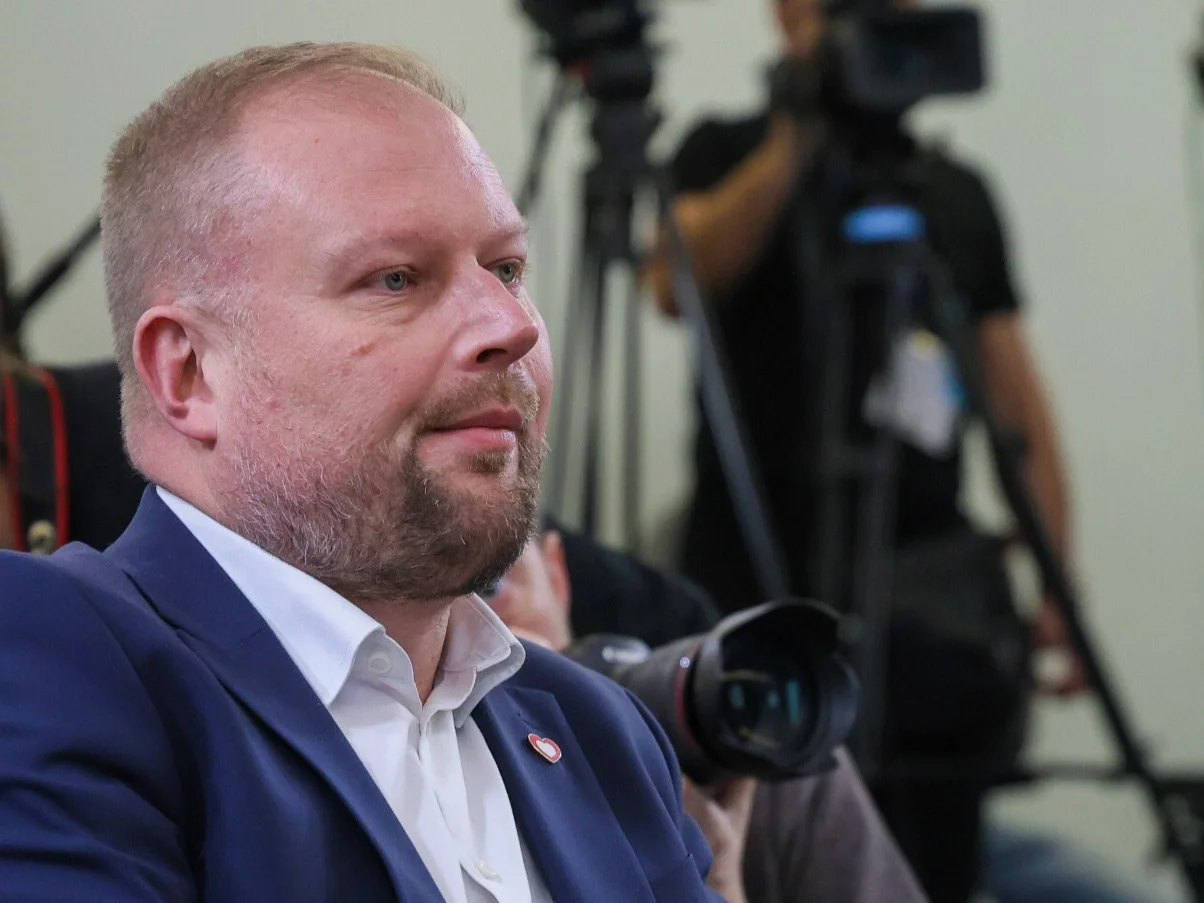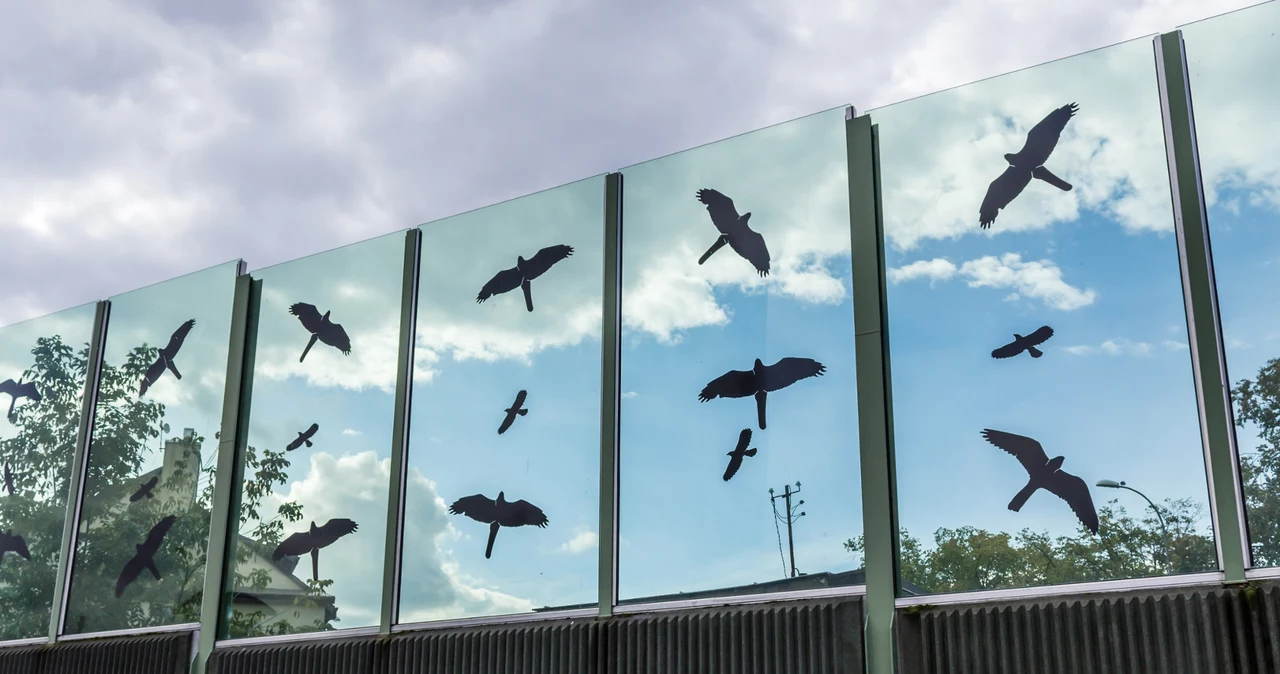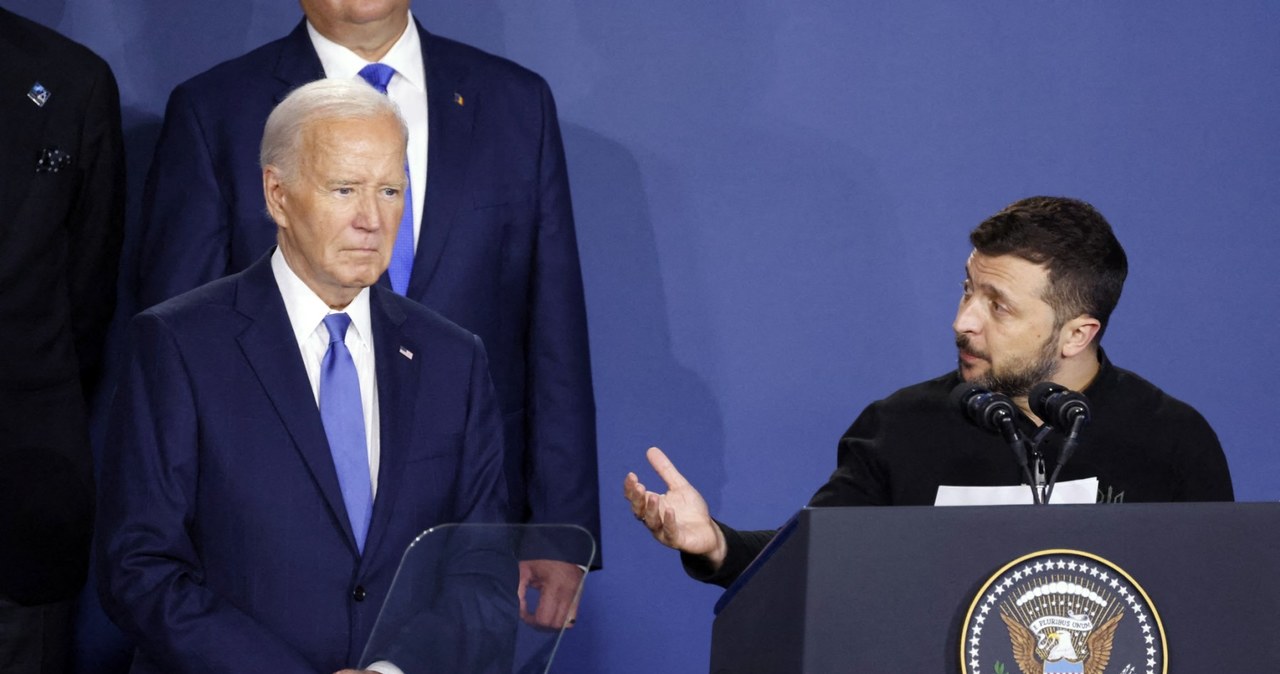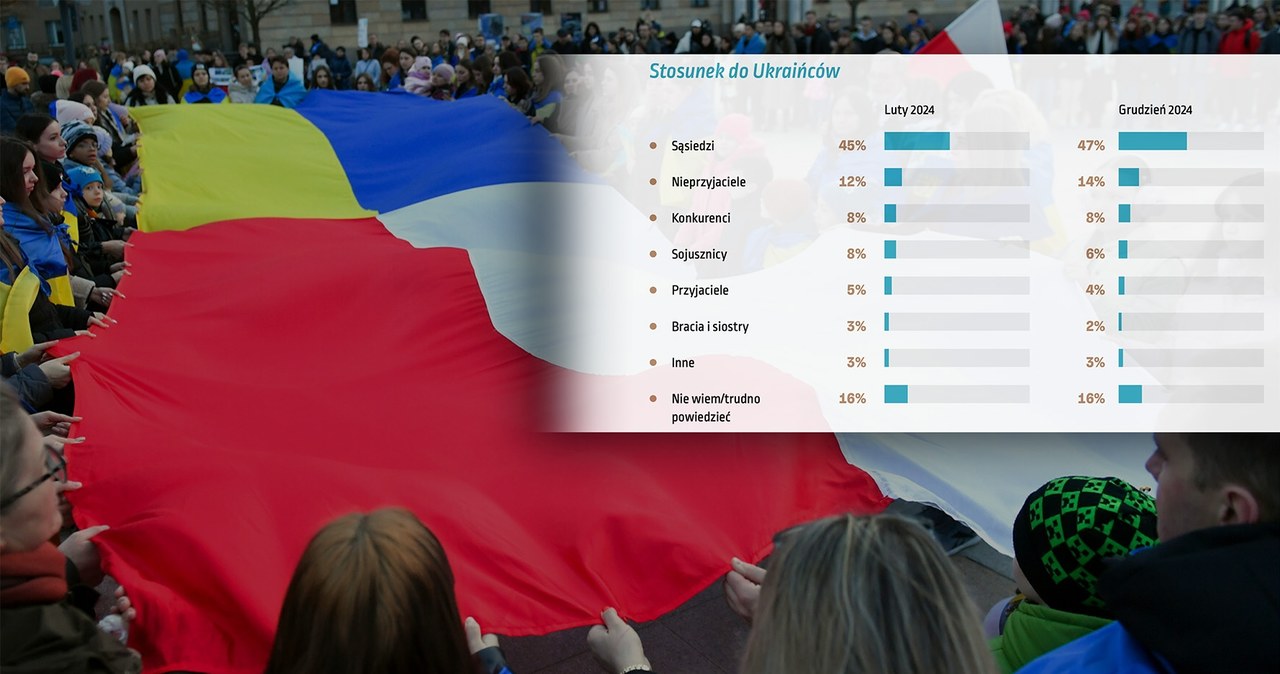There is a demand that trans people, especially trans women, just roll over and be silent. Be invisible. Or just don’t be at all.
I hate being told to be the bigger person. I’ve never been the bigger person. I was a skinny little runt —a little too wild. A little too fey. I was undersized for my age. Everyone was bigger than me.
At age ten, I could wear the same clothes as my sister who was three years my junior. When I was bullied and beaten, my cries for justice fell on deaf ears. My failure to stand up for myself was an inconvenience to my parents and teachers.
It was up to me to “stop being a target”. From my earliest memories it was made clear to me that tenderness and beauty weren’t for me. That I was too soft. Too weak. I wasn’t supposed to play with the girls. I wasn’t supposed to dance. I shouldn’t read so much. I shouldn’t have been drawing flowers. My interest in dance and theater and art was inappropriate. I needed to go outside and do something constructive.
That wasn’t me though. I was shy and quiet and grappling with traumas I wouldn’t fully understand or have the tools to combat until well into my adulthood. The environment I grew up in was the source of many of these traumas, and it didn’t give me the tools I needed to navigate my circumstances.
The church I grew up in attempted to isolate themselves from the world. TV, movies, and popular music were worldly and sinful and to be avoided. In spite of this I still managed to see a TV special on Christine Jorgensen upon her death in 1989, and this was where I first found words to describe someone like me.
Transsexual.
I didn’t like the word then, and I still don’t. It felt dirty. At the same time, I finally fell in love with something appropriately masculine: Martial arts.
Bruce Lee’s powerful movements flowing from a shiny, sinewy frame gave me something to aspire to. His grace spoke to me the way ballet did, and if his lithe figure could be both beautiful and powerful, then maybe mine could too.
Even the villains in his movies stirred something deep in my chest. The villainous Han in Enter the Dragon cut me to the core as if with the knives embedded in his prosthetic hand: “It is strength that makes all other values possible. Nothing survives without it. Who knows what delicate wonders have died out of the world, for want of the strength to survive.”
Somehow, I still got it wrong. After years of being told I had to stand up for myself; after being promised that such bravery would be rewarded, it just… wasn’t.
When I put an end to what felt like the hundredth assault by two boys that lived next door by taking a bite of Toby’s leg and bouncing a fist-sized rock off the top of Jeffrey’s skull, I wasn’t rewarded with the accolades I was promised.
It didn’t matter that my ribs were bruised and my eye was black and my lip was split from when they’d jumped me the day before. It didn’t matter that my parents had demanded I stop pestering them and fight back that very morning.
What mattered was that I had somehow gone too far by using the few tools available to me to even the odds. Instead of a pat on the back and an affirmation of the masculinity that was demanded of me, I was whipped with a belt until I couldn’t stand. Jeffrey and Toby’s indignant parents outside needed to hear my screams to know I’d been appropriately punished.
I wasn’t the bigger person, but this is the demand that has hounded me my entire life. Now that I had demonstrated that I could fight back, it was suddenly emphatic that I didn’t. When my sisters got new clothes from catalogues and I got hand-me-downs that were 10 years out of fashion, I had to be the bigger person.
When my parents couldn’t attend my track meets because my sisters’ ballet, band, cheerleading, and orchestra performances took priority, I had to be the bigger person.
When I was struggling with my gender identity and begging for help, it was on me to be the bigger person and join the army instead of embarrassing the family by transitioning. It was the same when my family chose to attend a Mother’s Day church picnic instead of my college graduation.
Just be the bigger person.
When I was recovering from surgery in a hospital bed in Thailand, desperate and alone and afraid, I needed to think about how this affected the family. I needed to give them time to adjust. Time to mourn the death of the person they wanted me to be.
Just be the bigger person.
When I started training in MMA, there were plenty of schools willing to take my money but there were caveats. My first home gym in Portland asked me not to tag them in social media. They also figured it would be best if I, a female featherweight, rolled with the male heavyweights. Another gym asked what bathroom I intended to use and suggested that I be prepared to personally deal with any potential friction rather than establishing any kind of trans-inclusive policy.
It was still my responsibility to just shrug it off and be the bigger person.
When I fought Celine Provost, it was clear that she had half a foot of height and reach on me, but somehow I was deemed the advantaged fighter. The social media backlash included demands that I fight men, and the breathless fantasies of my detractors involved facing down UFC heavyweights with up to 120 pounds on me.
There is a wider demand that trans people, especially trans women, just roll over and be silent. Be invisible. Or just don’t be at all. There’s an entire well-funded hate movement insisting that we should be forced out of women’s spaces. Out of sports. Out of public life.
I’m asked how we’re supposed to balance the rights and interests of bigots with our own, and the short answer is: We’re not.
Trans women are statistically underrepresented in sports. Period. We’re not taking over. We’re not dominating any sport, anywhere, at any level. Trans women have been allowed to compete in the Olympics for a quarter century, and in that time we’ve had no medals. Only one trans woman has even qualified.
In a more just world, people with power and authority would be asking why and enacting programs to increase our participation rather than trying to exclude us further. Our future looks bleak, and I fear that things will continue to get worse before they get better.
We don’t hold the reins of power. We’re not making the decisions or writing legislation. Our detractors imagine that we are monstrous.
They imagine that we are great hulking beasts with enormous physical and political power, united in a secret cabal that pulls the strings behind the scenes.
Nothing could be further from the truth. We’re not a monolith with a singular purpose or a pied piper stealing your children away. We’re just people. I’m just a person. No amount of fantastical fearmongering will change the facts.
I refuse to be the bigger person because the specter conjured by a reactionary moral panic is an illusory construct. That construct is fed by fear and loathing and hatred and has grown to be a monster as a result.
That’s not what makes me grow. I’m a different animal. I thrive on love and acceptance, on opportunity and equity and justice. And I’m not being fed.
If you want me to be the bigger person, don’t stunt my growth.
Alana McLaughlin is an MMA fighter, U.S. Army Special Forces veteran, and a transgender woman. She is the subject of the documentary “Unfightable” from Fuse Media and Emmy award-winning director, Marc Perez. All views expressed “Unfightable” are the author’s own.
SŁOWNICZEK
runt – chuchro, cherlak (słaba osoba)
fey – szalony, zwariowany
bully – znęcać się nad słabszymi, dręczyć (kogoś)
fall on deaf ears – trafiać w próżnię (np. prośby, wołania)
tenderness – czułość (głosu), delikatność (dotyku)
grapple with a trauma – zmagać się z traumą
sinful – grzeszny (o osobie, zachowaniu)
martial arts – sztuki walki
sinewy – silny, muskularny
lithe figure – smukła sylwetka
cut somebody to the core – być poruszonym do głębi
assault – napaść, napad
accolade – wyrazy uznania, przychylna opinia
TASK 1
Listen to the recording and answer the following questions:
1. Why did the author feel like they were never “the bigger person”?
2. How did the author’s parents and teachers respond to their experiences with bullying?
3. What activities and interests did the author have as a child, and why were they discouraged?
4. How did the author’s exposure to martial arts and Bruce Lee influence them?
5. What happened when the author finally fought back against the neighborhood bullies?
6. What pressures did the author face regarding
their gender identity from their family?
7. What challenges did the author face when trying to participate in MMA (Mixed Martial Arts) as a trans woman?
8. How does the author feel about the demand for trans women to “be the bigger person” in sports and public life?
TASK 2
First, match the words to form collocations and verb phrases that will help you describe the issue presented in the article. Next, write down a sentence using each collocation and verb phrase. The sentences you create should relate to the topic being discussed in the text.
Collocations:
bigger
cries
martial
gender
trans-inclusive
reactionary
moral panic
identity
for justice
policy
person
arts
Verb phrases:
fall on
grapple with
stand up
even
cut
stunt
the odds
one’s growth
deaf ears
for myself
traumas
somebody to the core
TASK 3
Task description: Students
will participate in a discussion
about identity, resilience, and societal expectations.
Task elements:
1. Recall the author’s experience growing up.
2. Explain the author’s feelings about being
told to “be the bigger person.”
3. Break down how societal expectations shaped the author’s identity and personal struggles.
4. Evaluate whether societal pressure to conform can be harmful. Use examples from the text
and your own experiences.
5. Propose actions or strategies that individuals or communities can take to create more inclusive spaces for gender and identity diversity.
TASK 4
Complete the following summary using information from the text.
Alana McLaughlin, a 1)__________, feels frustrated with always being told to “be the bigger person.” From childhood, Alana was small and often 2)__________, and their interests, like art and dance, were seen as inappropriate. Despite their attempts to stand up for themself, they were punished instead of being praised. As they grew up and faced challenges with their 3)__________, they were
still expected to be strong and silent. Being a 4)__________ is a constant struggle, particularly
in 5)__________ and society, and the ongoing
fight for justice and acceptance.
Check the answer key! Click here to correct answers













